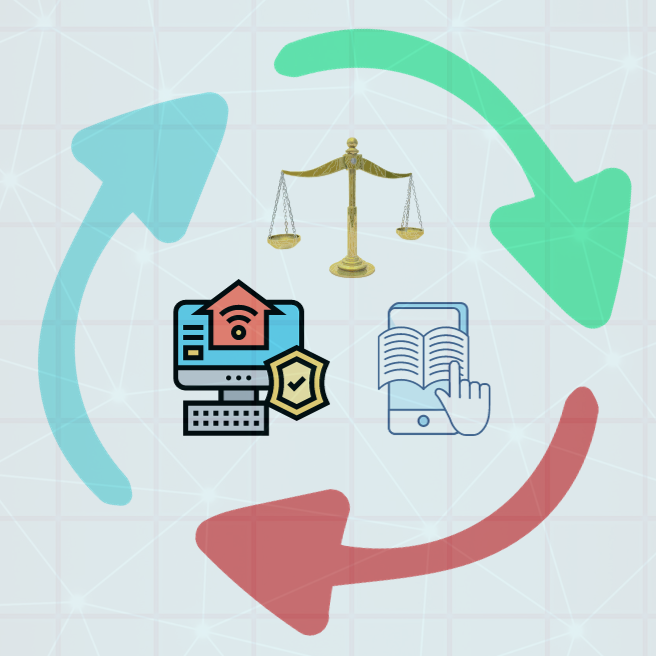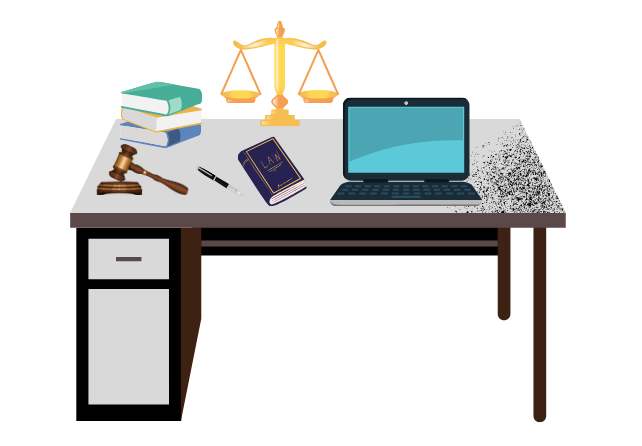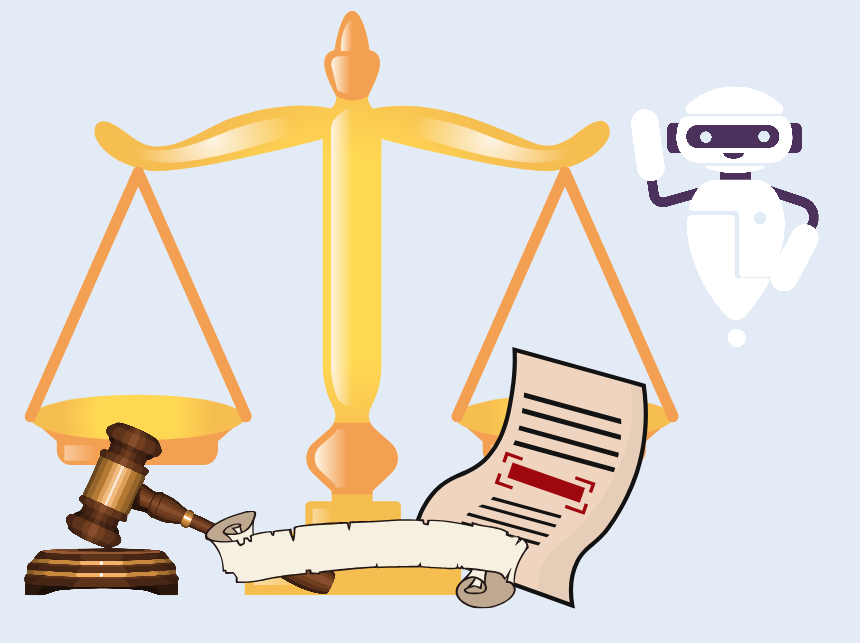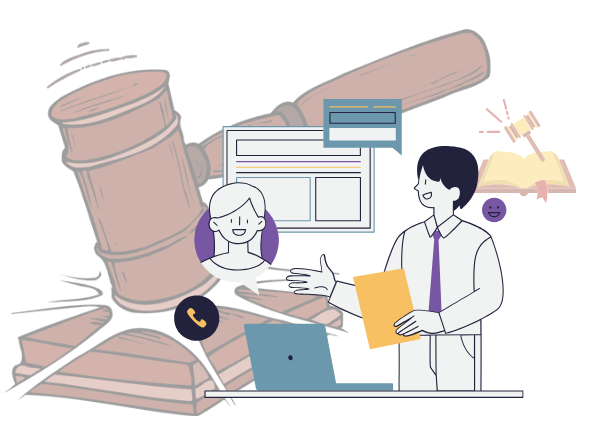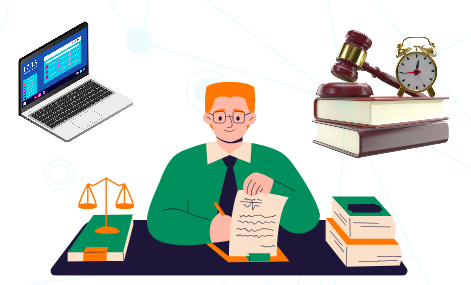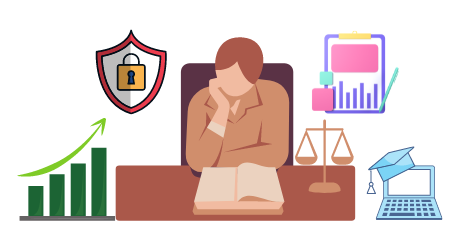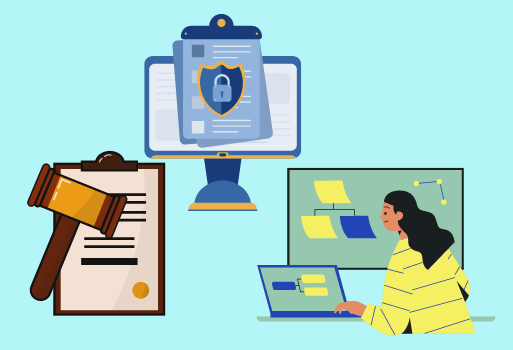The use of specialized software can effectively address the unique challenges that law firms frequently face. Here are some common problems that law firms run into, along…
Artificial intelligence (AI)-based contract drafting is the process of automating and assisting with the creation of legal contracts using AI technologies. This entails analyzing, comprehending, and producing…
Lawyers can gain a great deal from AI tools by using them to automate repetitive tasks, increase productivity, and improve decision-making. Case Management Software is an example…
CRM (customer relationship management) systems designed specifically for the legal industry, sometimes known as “Legal CRM,” vary from general-purpose CRM systems in several ways to cater to…
Workflow automation is a powerful tool that legal departments can use to streamline operations and improve the way they handle legal matters. The following advice is intended…
The efficiency, accuracy, and client service of law firms can all be greatly enhanced by implementing legal workflow automation. The following advice is intended specifically for legal…
Implementing legal workflow automation calls for a methodical approach to task and process optimization inside a legal practice. An overview of setting up legal workflow automation can…
Building a LegalTech roadmap for your legal office involves a systematic process of planning, implementing, and optimizing technology solutions to achieve specific objectives. Here are the steps…
LegalTech auditing practices involve a systematic examination and evaluation of the technology and processes within a legal office to ensure compliance, efficiency, security, and optimal performance. Here…
LegalTech auditing can greatly increase efficiency, streamline procedures, and improve overall effectiveness, which makes it crucial for legal offices for several reasons. Here are some main justifications…












